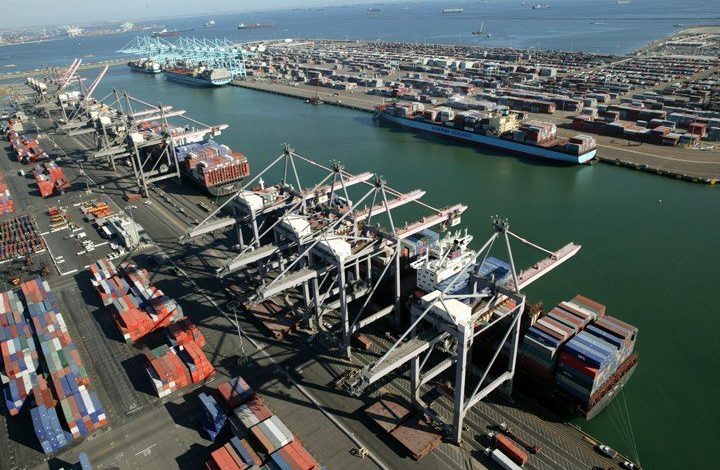Top carriers adopting DCSA track and trace standards

Nine of the container-shipping industry’s top carriers – the members of the Digital Container Shipping Association (DCSA): CMA CGM, Evergreen, Hapag-Lloyd, HMM, Maersk, MSC, ONE, Yang Ming and Zim – have adopted the open-source, free track and trace (T&T) standards developed by the association. Five members now have the application programming interface (API) in production or testing; all expect to soon be providing shippers and other parties access to the API to enable cross-carrier shipment tracking.
Collaborating through this initiative, participating carriers provide shippers with a streamlined way to receive real-time data regarding the whereabouts of their containers, all using the same API code to enable data transmission between different software products or platforms.
Because so many of the big-name carriers are on board, the association anticipates that more carriers will adopt the standards in coming months. DCSA believes that widespread adoption of the standards would advance the industry in terms of visibility and real-time responsiveness, resulting in greater reliability and a better customer experience.
Using these standards, customers will be able to track containers through five shipping phases: pre-shipment, pre-ocean, ocean, post-ocean and post shipment. The API will enable shippers to query carrier systems from any existing technology platform and receive T&T information in a common and easily consumable format.
The T&T standards comprise an information model and interface standards that can be freely downloaded from the DCSA website; API definitions are available on SwaggerHub, an open-source API-development platform. Documentation with versioning guidance can be found on GitHub, a code hosting platform.
The data model ensures track and trace data definitions are consistent for all users. These definitions are based on the Industry Blueprint, published by DCSA in 2019, which established a consistent vocabulary and proposed a common set of industry processes. The T&T standards are aligned with the UN/CEFACT (United Nations Centre for Trade Facilitation and Electronic Business) standards to provide a global industry framework that preserves existing investments and streamlines communication among all supply chain participants.
